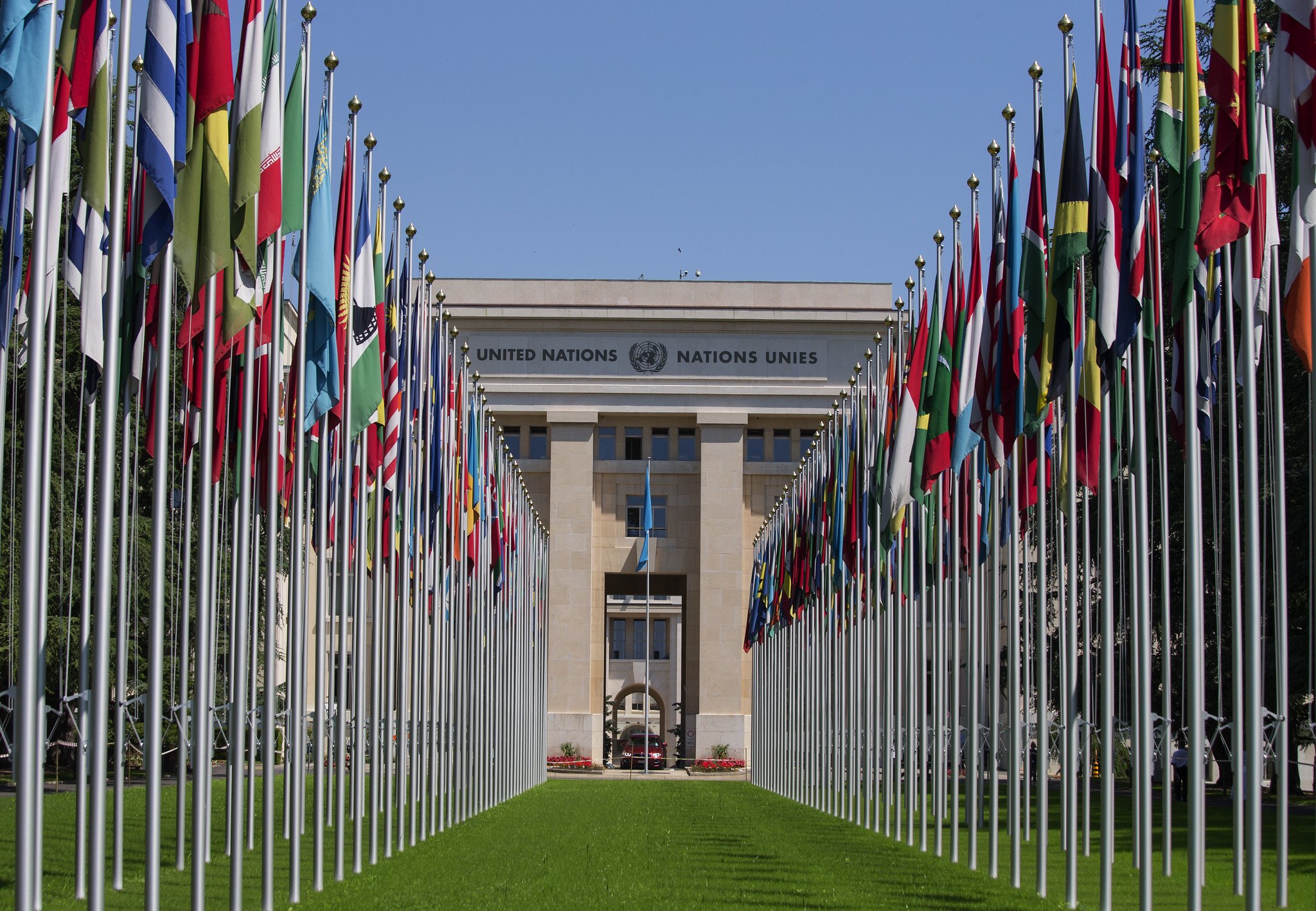India: PEN International raises concerns over freedom of expression environment at UN review
Image credit: CC BY-ND 2.0
17 July 2024: As the periodic review of India’s human rights record by the United Nations Human Rights Committee (CCPR) takes place this week, PEN International reiterates concerns raised as part of the review regarding the country’s ongoing misuse of legislation to stifle dissent and silence critical expression.
On 3 June 2024, PEN International submitted a report to the CCPR as part of its periodic review of India under the International Covenant on Civil and Political Rights (ICCPR). The report focused on the right to freedom of expression (Article 19 of the ICCPR), emphasizing concerns over how the country’s legal system has been increasingly weaponised to suppress peaceful expression, particularly when it relates to criticism of the government of India or its policies. This has resulted in a growing number of writers, journalist, academics and other being subjected to legal harassment, arbitrary arrest and detention for peacefully exercising their right to freedom of expression.
PEN International welcomes the work of members of the CCPR during the Interactive Dialogue phase of the review which took place from 15-16 July, during which many of the issues highlighted in our report were raised by committee members. It is with regret that the delegation representing India failed to substantively engage with many of the concerns raised regarding undue restrictions on the right to freedom of expression.
Among the examples detailed in PEN International’s report is the misuse of India’s primary counter-terrorism law, the Unlawful Activities (Prevention) Act (UAPA). Despite frequent concerns raised by UN experts regarding the arbitrary nature of the UAPA, in recent years the UAPA has been increasingly used by authorities to unjustly prosecute those who have engaged in critical expression towards the government or its policies.
Among those targeted under the UAPA in recent years is poet Varavara Rao, who suffered from years of ill treatment while detained before he was eventually released on bail on medical grounds in August 2022. However, he remains subject to strict bail conditions that continue to infringe upon his ability to secure adequate medical care and his rights to freedom of expression and movement.
Another example is academic and activist Hany Babu, who has been held in pre-trial detention for four years since he was arrested under the UAPA in July 2020. Hany Babu has been held in grossly inadequate detention conditions and has had five separate applications for medical and regular bail denied.
The report also highlighted ongoing efforts to clamp down on independent media and censor criticism of the government online, with examples including the raids carried out against independent media outlet NewsClick, widespread use of internet shutdowns in Indian-administered Jammu and Kashmir and the blocking of social media accounts that express dissenting views towards the government.
In concluding its report, PEN International urged the CCPR to recommend that the Government of India amend problematic legislation, including the UAPA, to conform to international standards, and to drop all charges and release all those detained for peacefully exercising their right to freedom of expression.
PEN International’s full report can be found here.
For further information please contact Ross Holder, Head of the Asia/ Pacific Region at PEN International, email: [email protected]

